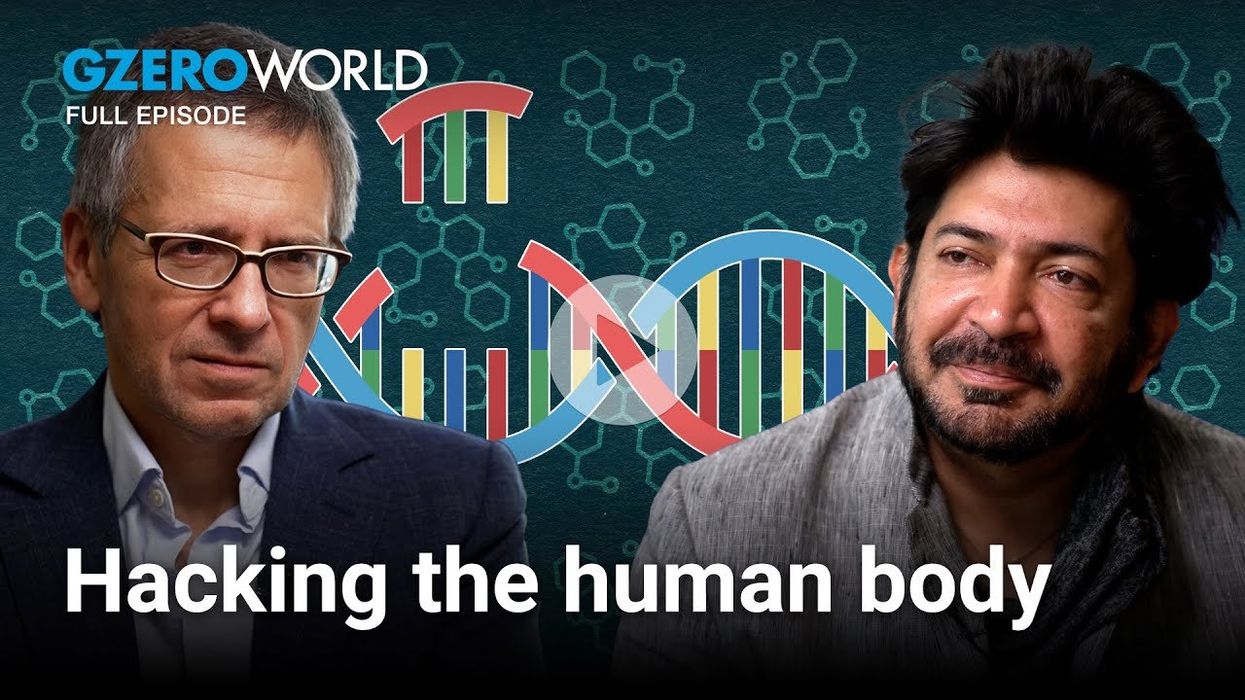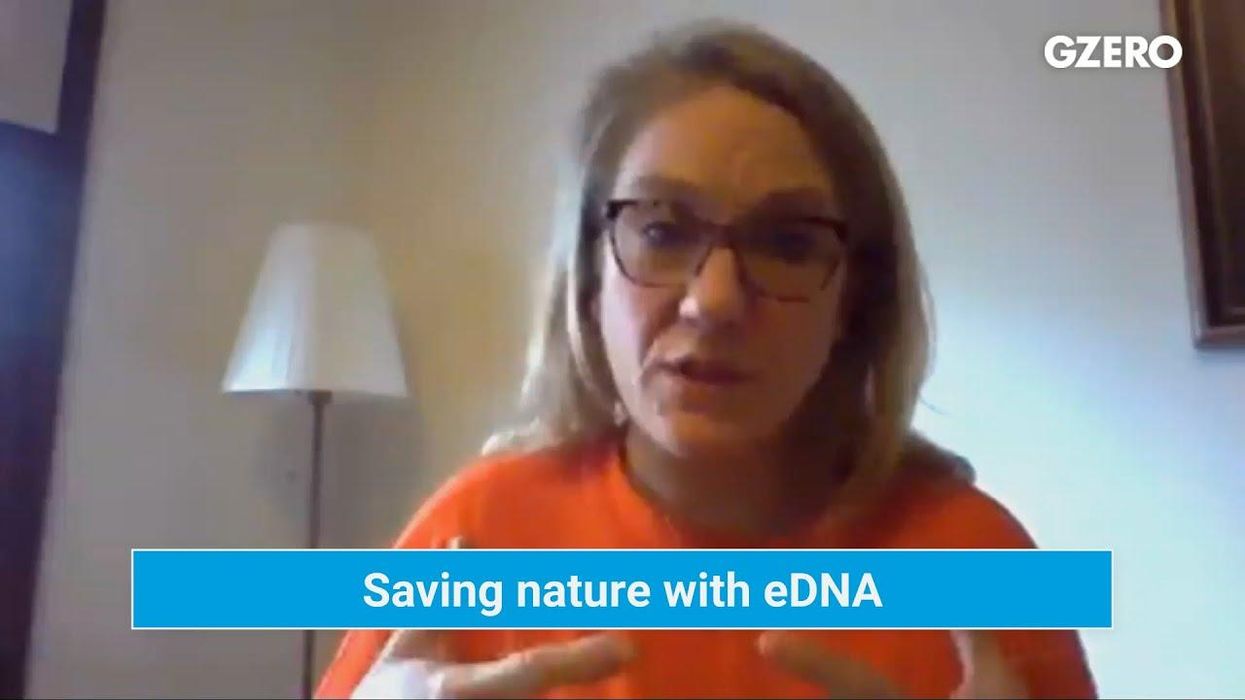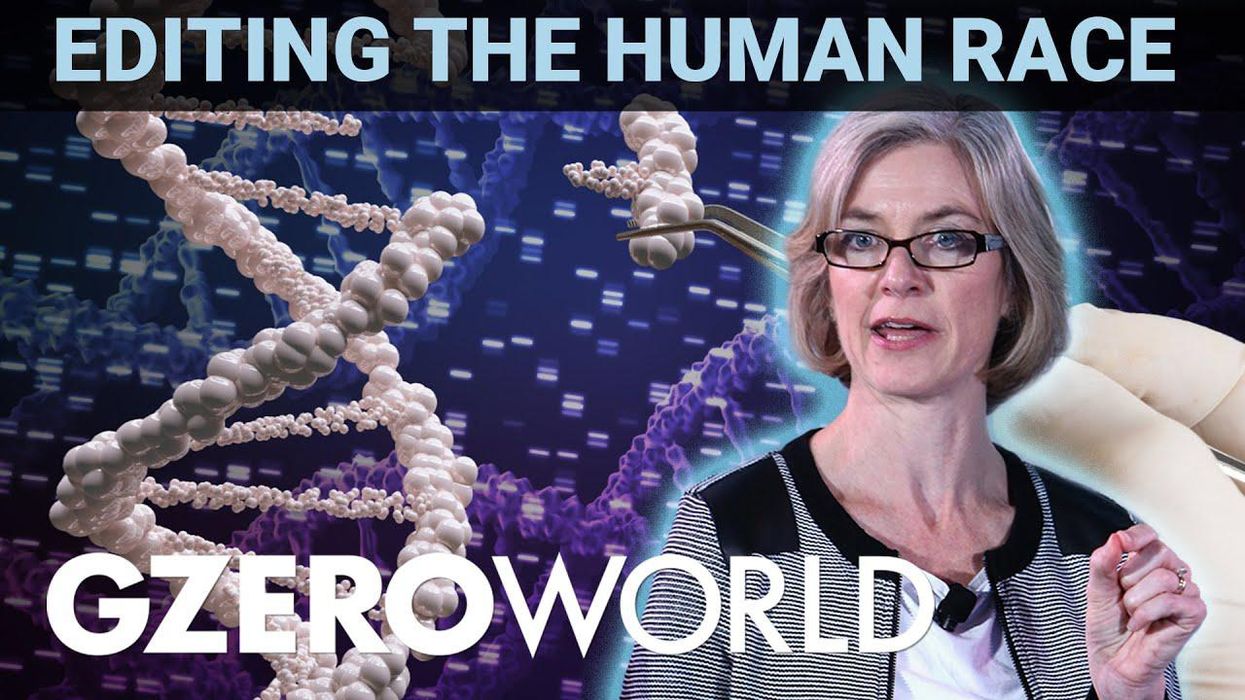GZERO World with Ian Bremmer
From CRISPR to cloning: The science of new humans
On GZERO World, Ian Bremmer sits down with physician and biologist Siddhartha Mukherjee to explore the recent advances, benefits, and risks of human enhancement with technology.
Dec 04, 2023



